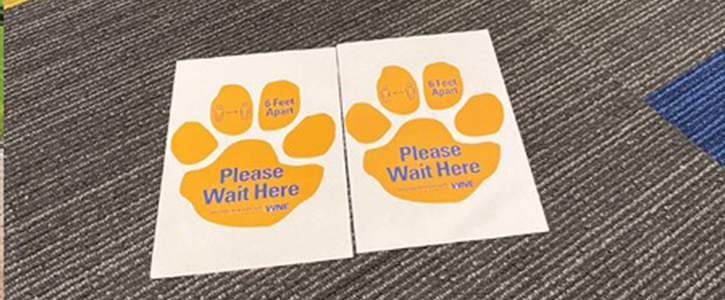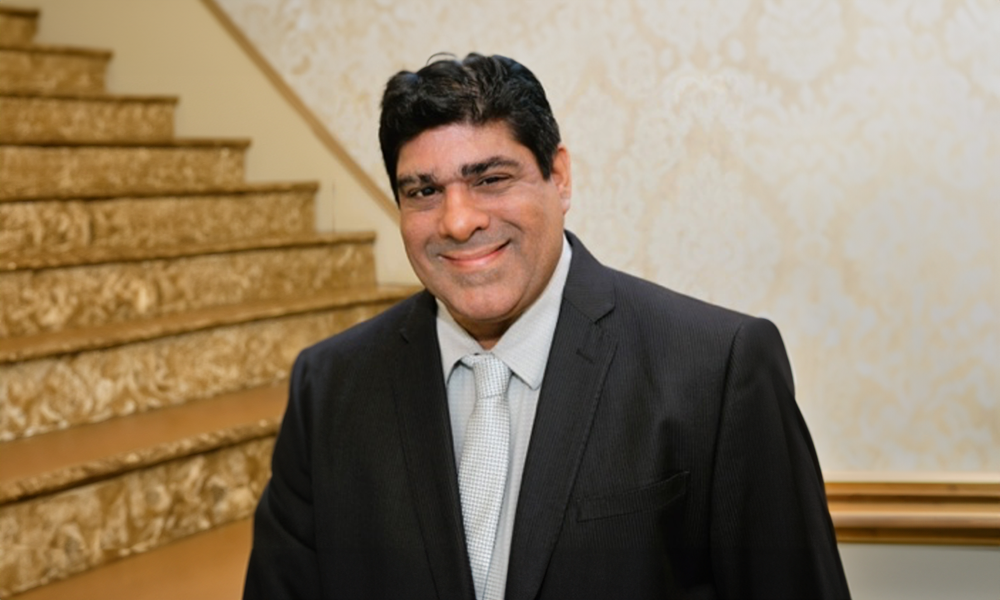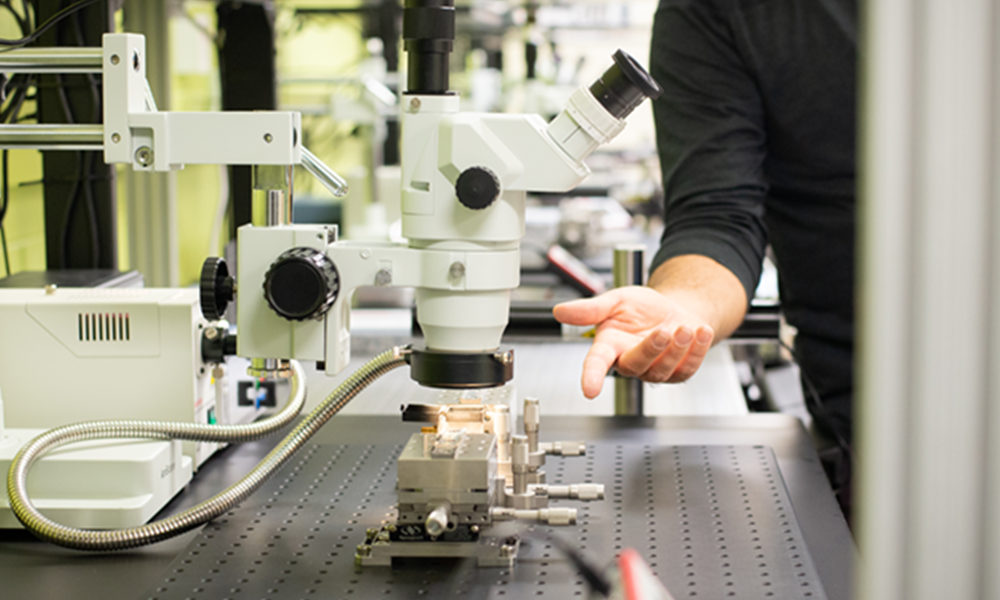The last exams are taken, the final papers are written, and everyone at Western New England University is breathing a collective sigh of relief that the Fall 2020 semester has reached its conclusion as planned. The university community stepped up like never before. Everyone worked really hard to stay the course and come to this awaited moment. With the culmination of a semester of hard work, it seems opportune to reflect on the path that has brought us here and the lessons that will prepare us beyond for the spring.
When Western New England University announced its plans to offer the majority of its fall classes on-ground, the idea of returning to any in-person instruction for the fall semester felt impossible. Had we known that by now there would be over 17 million cases of COVID-19 in the United States, the mere thought of in-person teaching would have been even more daunting.
Yet, here we are. Of the roughly 3000 colleges and universities tracked by the College Crisis Initiative, Western New England University was one of only 27% of schools nationwide that resumed primarily 'in-person' teaching this fall. Week by week, we successfully completed all 12-weeks of in-person instruction together, on campus, before the majority of students left for thanksgiving. We avoided having to cancel or suspend the on-campus portion of the term; and avoided any major campus outbreaks.
The University's emergency management response team, together with the director of health services, and guided by public health guidance, adopted a plan and a detailed roadmap that has served as a pillar to our community COVID-19 response. Universal entry testing, followed by weekly surveillance tests, and contact tracing were part of our three-prong tool, connecting to multiple other layers of prevention: PPE, masking, spaced-out classrooms, and physical distancing. The plan informs operational decisions that needed to be made based on science and an analytic approach that dictates the appropriate risk alert levels for the university.
Even with the right preventative measures in place, no plan can be successful without adherence to the rules. Our students, faculty and staff took the virus seriously and seemed to be committed to playing fully their part. On the other hand, convincing students to abide by physical distancing regulations can be hard to do. It takes endless communication and constant messaging that we are in this together to make it worthwhile. Student Ambassadors were recruited to encourage proper mask wearing and physical distancing guidelines. Staff supported our students and faculty, keeping buildings and the campus functioning on all levels, including routine cleaning and disinfecting, as well as ventilation and filtering upgrades to many classrooms. Students sacrificed a robust social life to follow mitigation protocols so that they could remain together learning and living in the university community.
We also recognized that the global pandemic came at a cost - a feeling of isolation compounding our daily stress and emotional strain. In fact, studies are showing that nearly a quarter of young adults are experiencing greater levels of stress, anxiety and depression during these pandemic times. The mental health and wellbeing of our students is of paramount importance; and moving into the spring semester, the COVID Advisory team will be working with student leaders and organizations to create added mental health and wellness resources.
As we close out this semester, and this year that has been unlike any other, it seems fitting to take a moment to express our deep gratitude, and say a huge thank you to the entire University administration, leadership, faculty, staff members, parents, students. We couldn't have pulled it off without such massive community effort. It was our collective strength and togetherness, resilience, commitment to a plan, and tangible examples of leadership, service and critical discourse, that seems to have made all the difference.
Sincerely,
The COVID Advisory Team:
Wayne Carpenter, Director of Counseling Services
Seth Housman, Clinical Associate Professor of Acute Care
Corey Laskey, Clinical Associate Professor of Psychiatry
Colin Mahoney, Assistant Professor of Psychology
Kathy Reid, Director of Health Services/Nurse Practitioner
Mary Rothermich, Professional Educator of Biology
Michael Rust, Associate Professor of Biomedical Engineering
Jilla Sabeti, Associate Professor of Pharmacology
Dave Stawasz, Assistant Vice President for Marketing Communications





